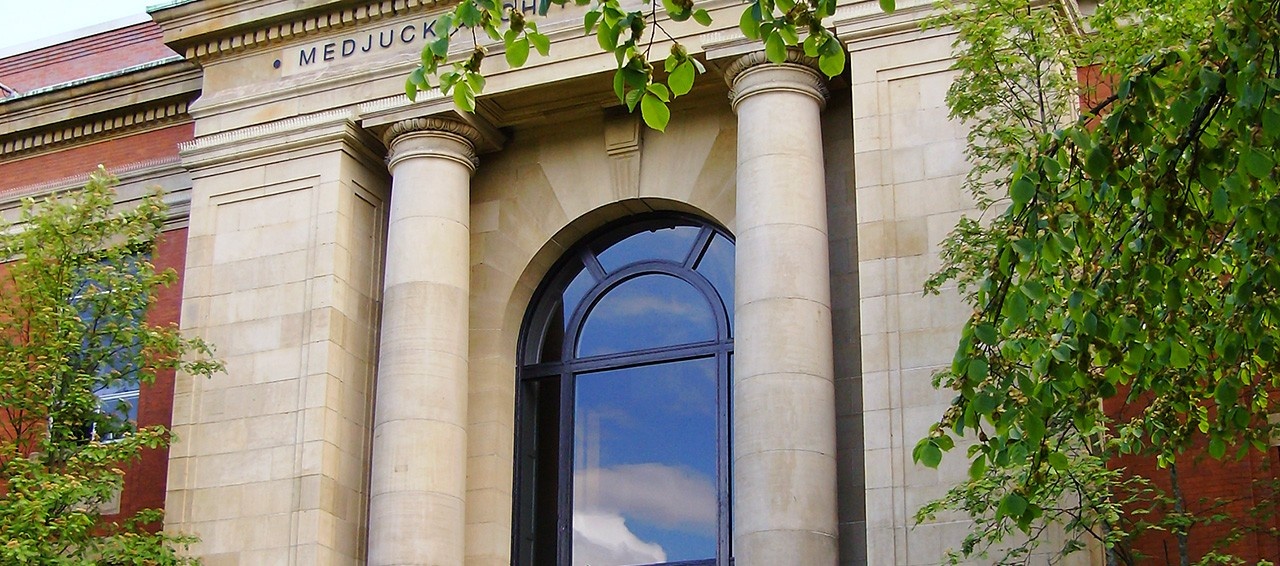LandForms
LandForms centres urgent questions about land, extraction, infrastructure, governance, and the transformation of landscape at the territorial scale. As global conversations increasingly turn to post-carbon speculation, the series looks to history as a site of environmental transformation and conflict shaped by settler colonialism, fossil fuel dependency, and neoliberalization, among other structures. Spanning from the eighteenth century to the present, the series also asks how visions of modernization and progress are shaped by the transformation of the Earth, and how we can posit alternative modes of intervening upon it.
Jointly concerned with Canadian and global sites, the aim is to intersect architectural, planning, and design scholarship with related disciplines such as the environmental humanities, energy humanities, Indigenous studies, economic history, and policy, among other fields. Histories of mining infrastructure, the petroleumscape, and toxic “forever” chemicals are some examples of topics that could reveal new interdisciplinary perspectives on the built environment. Can forests, soil, and water offer new accounts of materiality and agency? Can environmental knowledge offer a path of reconciliation for hybrid colonial settler-Indigenous communities? How has the management of energy and resources articulated the relationship between rural and urban communities? With such questions, the series contributes to a transnational conversation about land as something inhabited and designed, and thus overdue for architectural rethinking.
Commissioning editor: Michael Faciejew
